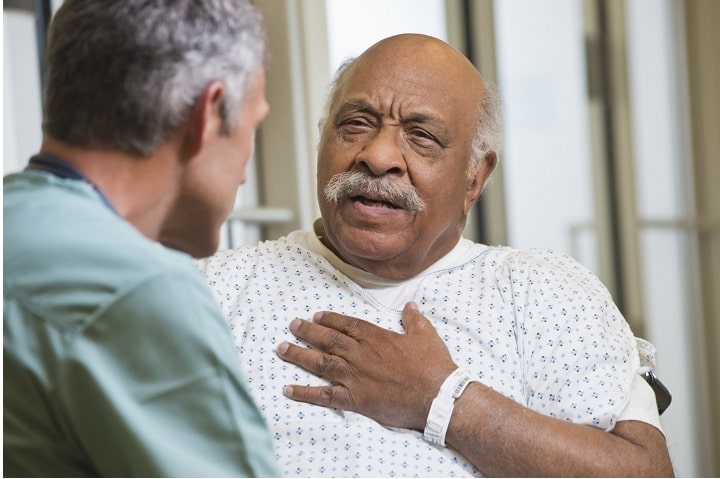Royal Philips, a global leader in health technology, is supporting the American Heart Association’s multi-year effort to generate awareness among cross-disciplinary specialties and improve survival rates from cardiovascular implantable electronic device (CIED) infections.
With the support of Philips, the American Heart Association’s national CIED infection initiative will work with medical professionals across a variety of specialities to prevent and properly treat infections resulting from cardiovascular implantable electronic devices such as pacemakers, implantable cardioverter-defibrillators and cardiac resynchronization devices.
Each year one million CIEDs are implanted worldwide and one in 20 of these patients will develop a CIED infection [5] within three years. Support of efforts by the American Heart Association follows similar efforts by Philips, like its ‘No Infection Left Behind’ initiative, which aims to advance education for healthcare providers to help accurately diagnose CIED infections and deliver timely care.
Patients diagnosed with CIED infections are often treated with antibiotics, which is not an effective treatment option – 50-100% of patients treated with antibiotics alone will experience an infection relapse. Clinical practice guidelines recommend extraction for all patients with a definite CIED infection, including complete device and lead removal. Too often, healthcare professionals lack awareness and experience in CIED infection management, increasing the chance of a missed infection diagnosis and prolonging inappropriate treatment. It is estimated that in the USA more than 7,000 CIED patient lives are at risk each year due to improper treatment. Yet complete CIED extraction is proven safe and effective, especially at an earlier stage of infection, which can reduce mortality rates [8,9] and long-term costs.
“CIED infection is a major public health problem with substantial morbidity and mortality,” said Jonathan Piccini, M.D., M.H.S., Director of Cardiac Electrophysiology section at the Duke Heart Center and the current chair of the American Heart Association Get With The Guidelines®-AFib quality improvement registry. “Despite the tremendous impact of these infections on patients and their loved ones, potential life-saving guideline recommended care is infrequently applied.”
“By supporting the American Heart Association, we have a significant opportunity to improve care for a large group of cardiovascular patients,” said Chris Landon, Senior Vice President and General Manager Image Guided Therapy Devices at Philips. “At Philips, we want to support medical professionals and their efforts to follow guideline-directed care and decrease the complications and negative outcomes that too often follow CIED infections.”
“We are pleased to receive the support of Philips on this important effort to raise awareness for CIED infection care, reduce mortality rates among patients and improve guideline driven care of people living with CIED devices,” said Michele Bolles, Senior Vice President Quality, Outcomes Research & Analytics at the American Heart Association. “We know that patient outcomes improve when guideline-directed care is consistently provided. These efforts amplify the mission of the American Heart Association to help every person have the opportunity for a longer, healthier life.”


















